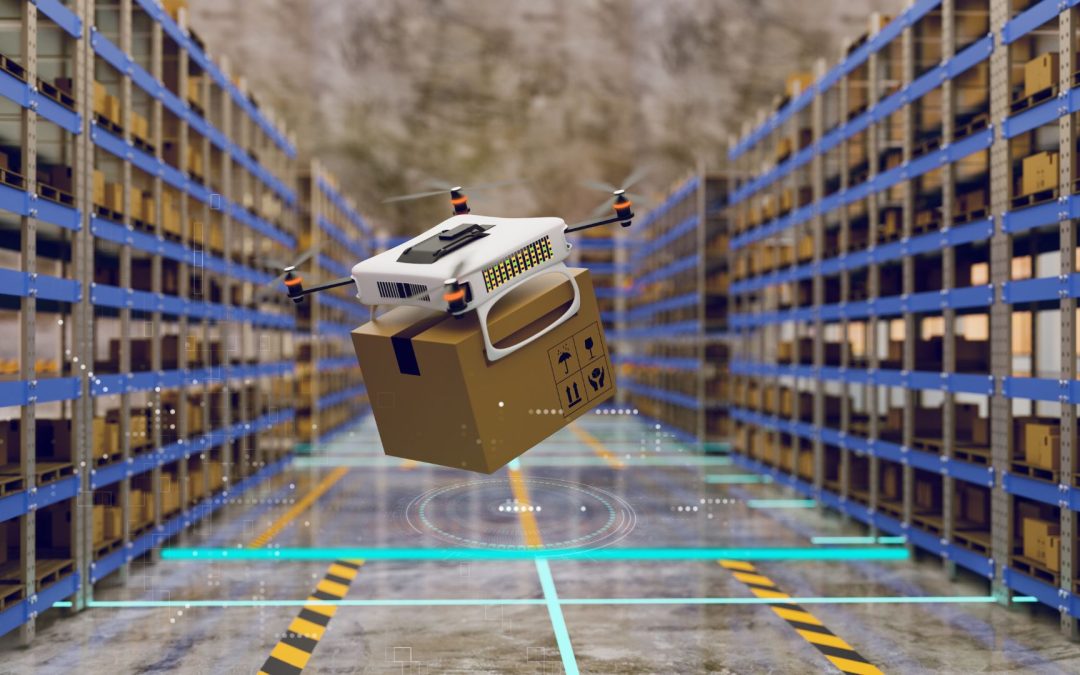The logistics industry is undergoing a significant transformation, driven by emerging technologies that are enhancing efficiency, reducing costs, and reshaping supply chain management. As we progress through 2025, five key technological innovations are at the forefront of this evolution:
1. Artificial Intelligence (AI) and Machine Learning (ML)
AI and ML are revolutionizing logistics by enabling predictive analytics, optimizing routes, and automating decision-making processes. These technologies analyze vast amounts of data to forecast demand, manage inventory, and streamline transportation. For instance, AI-driven route optimization can reduce fuel consumption and delivery times by identifying the most efficient paths. Additionally, ML algorithms enhance warehouse management by predicting stock requirements and automating order fulfillment, leading to significant cost savings and improved customer satisfaction.
2. Internet of Things (IoT)
IoT devices provide real-time visibility into every aspect of the supply chain. Sensors attached to shipments monitor location, temperature, humidity, and other critical parameters, ensuring the integrity of goods, especially perishable items. This real-time monitoring allows for proactive issue resolution, reducing losses and enhancing customer trust. Moreover, IoT-enabled fleet management systems track vehicle performance and driver behavior, leading to improved safety and operational efficiency.
3. Blockchain Technology
Blockchain offers a decentralized and immutable ledger system, providing transparency and security in logistics operations. It facilitates seamless information sharing among stakeholders, reducing discrepancies and disputes. Smart contracts automate processes such as payments and customs clearance, accelerating transactions and reducing administrative costs. By ensuring data integrity, blockchain enhances trust among partners and improves the overall efficiency of the supply chain.
4. Autonomous Vehicles and Drones
The deployment of autonomous trucks and drones is set to transform delivery services. Autonomous vehicles can operate continuously without fatigue, reducing delivery times and operational costs. Drones offer rapid delivery solutions for remote or congested areas, bypassing traditional transportation challenges. These technologies not only enhance delivery efficiency but also address labor shortages in the logistics sector.
5. Advanced Robotics and Automation
Robotics and automation are streamlining warehouse operations by handling tasks such as sorting, packing, and inventory management. Automated Guided Vehicles (AGVs) transport goods within warehouses, reducing manual labor and minimizing errors. Robotic Process Automation (RPA) manages repetitive administrative tasks, allowing human workers to focus on strategic activities. The integration of these technologies leads to faster processing times, reduced operational costs, and increased accuracy in order fulfillment.
TranspoTrade’s Integration of Emerging Technologies
TranspoTrade, a global logistics provider, exemplifies the adoption of these emerging technologies to enhance service delivery. By leveraging AI and IoT, TranspoTrade offers real-time tracking and visibility of shipments, enabling clients to monitor their goods throughout the supply chain. The company’s investment in advanced systems and tools allows for efficient freight forwarding, warehousing, and distribution services tailored to the unique needs of businesses across various industries.
The convergence of AI, IoT, blockchain, autonomous vehicles, and robotics is ushering in a new era in logistics. These technologies are not only enhancing efficiency and reducing costs but also enabling more agile and responsive supply chains. Companies like TranspoTrade that embrace these innovations are well-positioned to navigate the complexities of modern logistics, providing seamless and reliable solutions in an increasingly dynamic global market.

